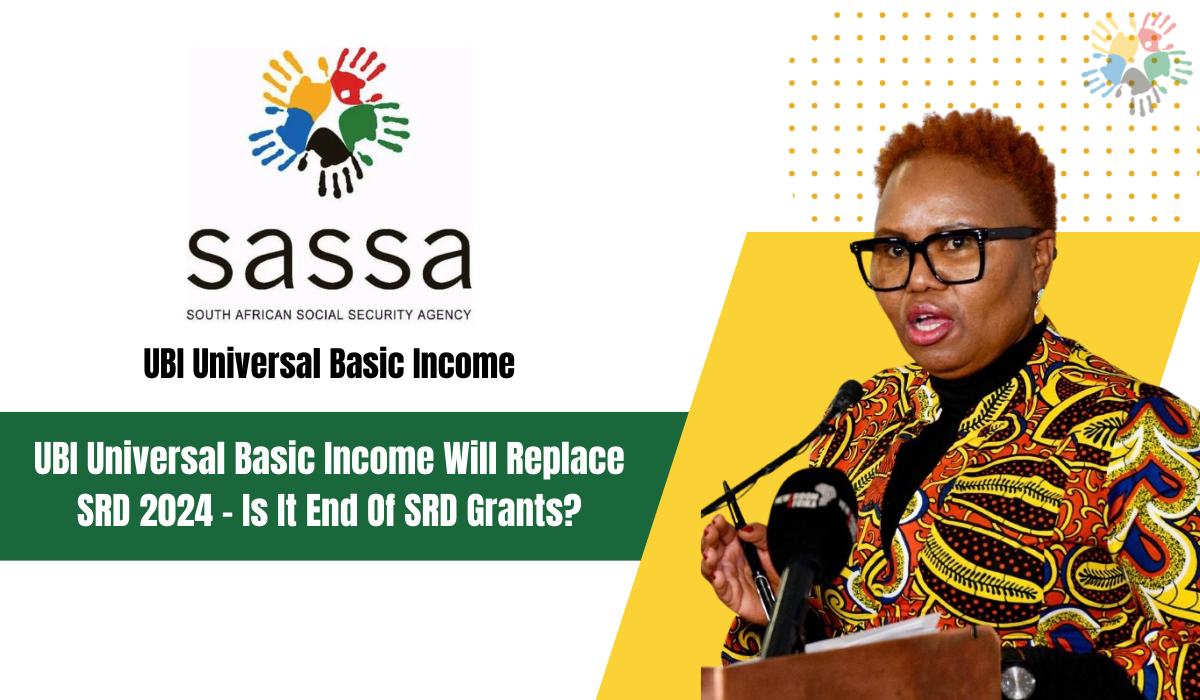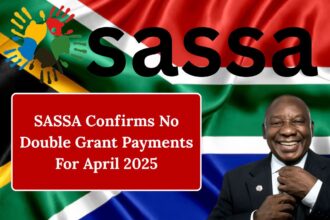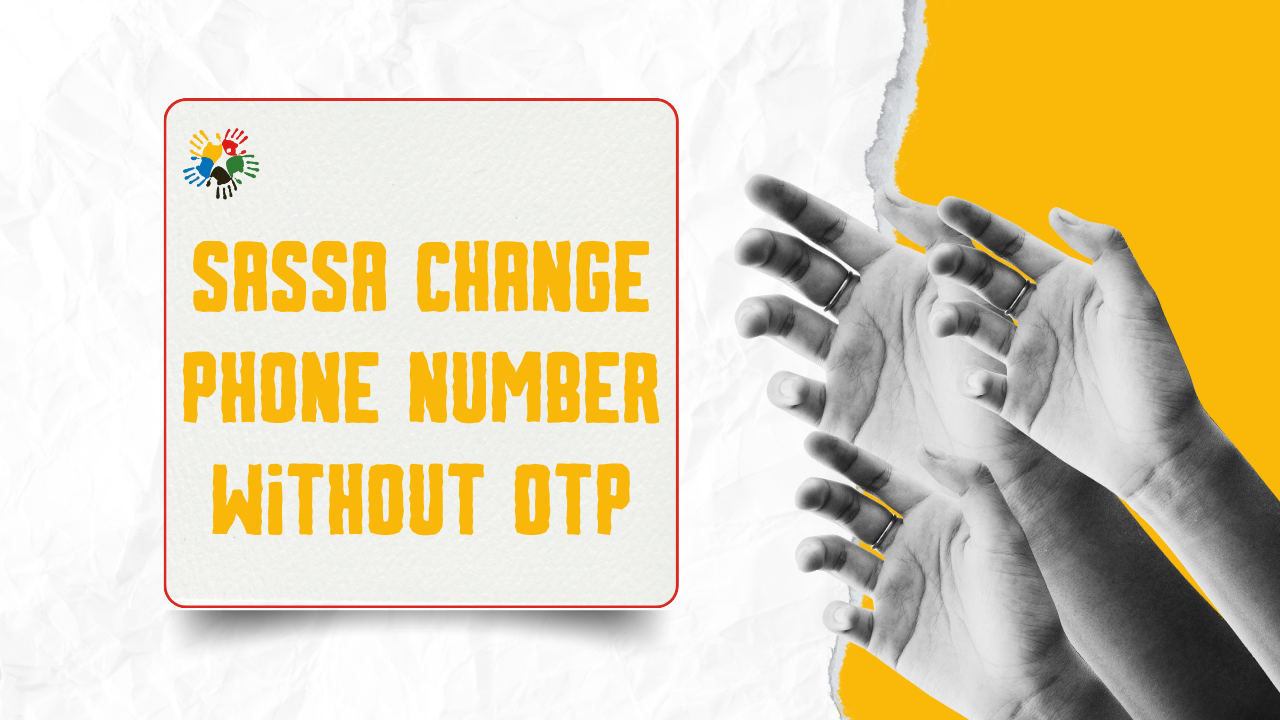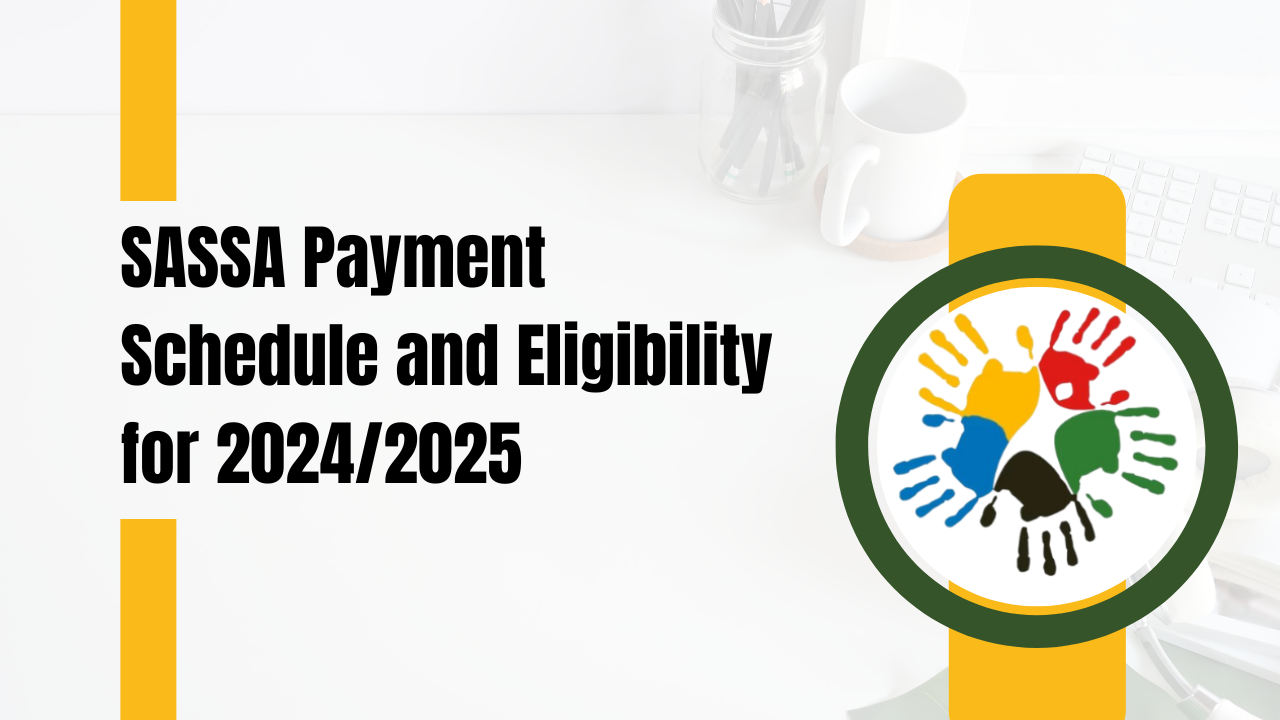UBI Universal Basic Income Will Replace SRD 2024 – Is It End Of SRD Grants? South Africa is gearing up for a significant change in its social welfare policy. The African National Congress (ANC) is leading an initiative to replace the current Social Relief of Distress (SRD) grant with a Universal Basic Income (UBI). This shift aims to provide regular and unconditional financial support to all adults aged 18 to 59, positioning South Africa as a leader in the implementation of UBI on a national scale.
UBI Universal Basic Income Will Replace SRD 2024 – Is It End Of SRD Grants?
The SRD grant was introduced as a temporary measure to support South Africans during the economic hardships brought about by the COVID-19 pandemic. It has been crucial in helping millions of people meet their basic food needs. However, critics argue that the SRD system is not sufficiently inclusive, leaving many without adequate support.
In response, the ANC has proposed a plan to transition from the SRD grant to a UBI system. Unlike the SRD grant, which has various eligibility criteria, the UBI will be available to all adults within a specific age range, regardless of their current income or employment status. This change aims to create a more comprehensive and accessible form of financial assistance, thereby providing essential support across a broader spectrum of the population.
Eligibility for UBI
The UBI grant is designed with straightforward eligibility rules to ensure inclusivity. All adults between the ages of 18 and 59 will be eligible for the monthly payment. This inclusive approach aims to ensure that every eligible individual receives the necessary support, ultimately leaving no one behind.
Advantages of Universal Basic Income
The implementation of UBI in South Africa is expected to bring several significant benefits:
- Reduction in Poverty and Inequality: UBI has the potential to lift millions out of extreme poverty, leading to a more equitable society and improved living standards.
- Economic Boost: Providing direct financial support to individuals can stimulate the economy by increasing consumer spending.
- Empowerment and Dignity: UBI offers financial freedom, empowering individuals to make choices that align with their personal needs.
- Promotion of Entrepreneurship: With a guaranteed income, more individuals might be willing to take risks and pursue entrepreneurial ventures.
- Simplification of Social Welfare: A universal grant can simplify the social welfare system by eliminating complex eligibility requirements and means-testing processes.
Challenges to Consider
While the concept of UBI offers compelling benefits, several challenges must be addressed to ensure its successful implementation:
- Funding: UBI requires substantial financial resources. Various funding methods have been proposed, including a social security tax, wealth tax, or increased VAT revenue from higher consumer spending.
- Inflation Risk: Implementing UBI could lead to inflation if not carefully managed.
- Public Support and Political Will: Strong commitment from political leaders and public support is essential for the successful execution and sustainability of UBI.
- Monitoring and Evaluation: Continuous assessment and monitoring will be necessary to evaluate the impact of the UBI program and make necessary adjustments.
UBI in the Global Context
South Africa’s move towards UBI is part of a broader global discussion on using universal basic income to address poverty and inequality. The COVID-19 pandemic has prompted various countries to experiment with temporary income support initiatives, bringing the concept of UBI into greater public awareness.
Conclusion
The transition from SRD grants to a Universal Basic Income in South Africa represents a bold and potentially transformative policy shift. By providing unconditional financial support to all adults, UBI aims to alleviate poverty, boost economic activity, and foster individual empowerment. As South Africa embarks on this journey, it will be closely watched by other nations considering similar measures to enhance social welfare and economic stability.










